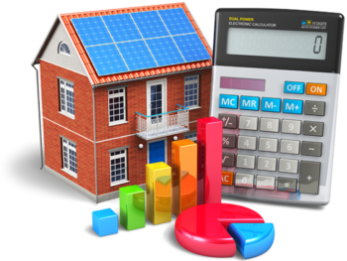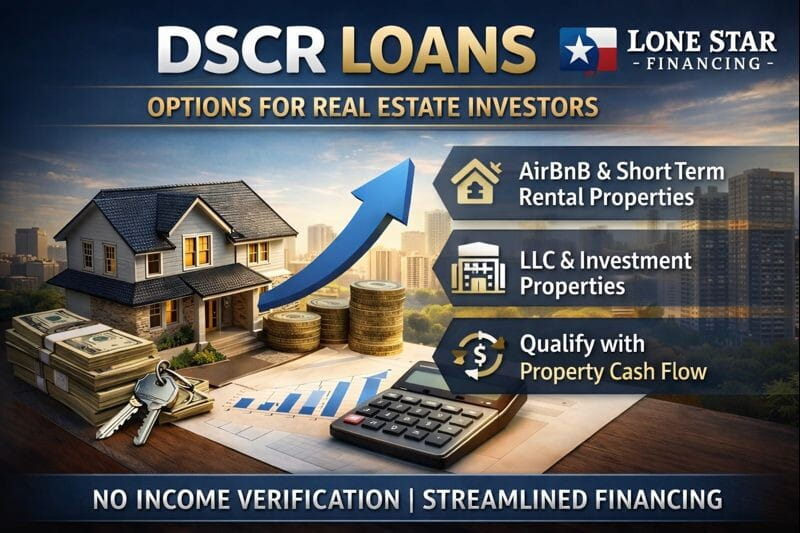If you’re like most people, a mortgage is the biggest loan you’ll ever take out, and your mortgage payment is your highest monthly expense. So it can be a great idea to take your extra money and apply it toward paying your mortgage down faster–you’ll cut years off your loan term, save tens of thousands of dollars in interest charges, and have more home equity. Why wouldn’t you want that?

You may be surprised to learn that financial experts disagree about whether paying your mortgage off faster is the best way to make your money work for you. The most common argument against paying off your home early is that you could be investing that extra money elsewhere and making a higher return. Let’s say, for example, that your mortgage interest rate is 3.8% but your mutual fund is paying out around 11%. It may seem that investing is the way to go. But you have to consider the big picture, not just the long-term performance of the stock market. Are you willing to ride the ups and downs of the market and risk your investment, or do you prefer the guaranteed savings that come from paying more than the mortgage minimum? Take a look at your amortization schedule to see how much of your mortgage payment, especially on the front end, goes to interest vs. principal. With most mortgages, you end up paying more than twice the purchase price of the home over the course of the loan. Many people prefer to apply extra money to the principal in order to reduce those interest payments, rather than take their chances on investments.
The other argument against paying off your mortgage early is that you get a tax deduction on the mortgage interest. In reality, only about half of all homebuyers qualify for this tax deduction to begin with. And for those who do qualify, the deduction simply isn’t worth it. As Erik Carter of Financial Finesse points out, “The cost of the interest is always more than the tax savings.”
How much can you save by paying extra on your mortgage? If you pay $100 extra each month on a $200,000 mortgage (30-year fixed at 4%), you can reduce the loan by almost five years, and save close to $30,000 in interest payments. That’s pretty significant.
However, make sure you have a few other financials taken care of before you start sending extra money to your mortgage lender:
- If you have credit card debt, pay that off first. Credit cards have an average interest rate around 16%, much higher than mortgage interest rates. Get those high-interest debts out of the way before paying extra on your mortgage.
- Get the most out of your 401(k). Contribute enough to get the full match offered by your employer. It’s literally free money, and you don’t want to pass that up.
- Build up your emergency savings. Having at least three months’ worth of income saved up will give you peace of mind and money to draw from if you have a medical issue or lose your job.
Once you’re in a position to pay extra on your mortgage, you can approach it a few different ways. You can make one extra payment each year by dividing your mortgage payment by 12 and adding that amount to each monthly payment. Or, pay half of your mortgage amount every two weeks instead of once a month. This will add up to 26 half-payments throughout the year (13 full payments, so one extra payment). You may need to be a little creative with this method. Most lenders will not accept bi-weekly or partial payments. Instead, you can have the money transferred from your checking account to your savings account every two weeks, and from the savings account to the mortgage lender at the end of the month.
Paying off your mortgage faster means you gain equity more quickly, shorten the life of the loan, save hugely on interest payments, and reduce the amount of income you need in retirement. While it’s true that everyone’s situation is different, for most people it makes good financial sense to direct extra money toward owning your home free and clear.
Visit lonestarfinancing.com for help in getting the mortgage that’s right for your needs.



